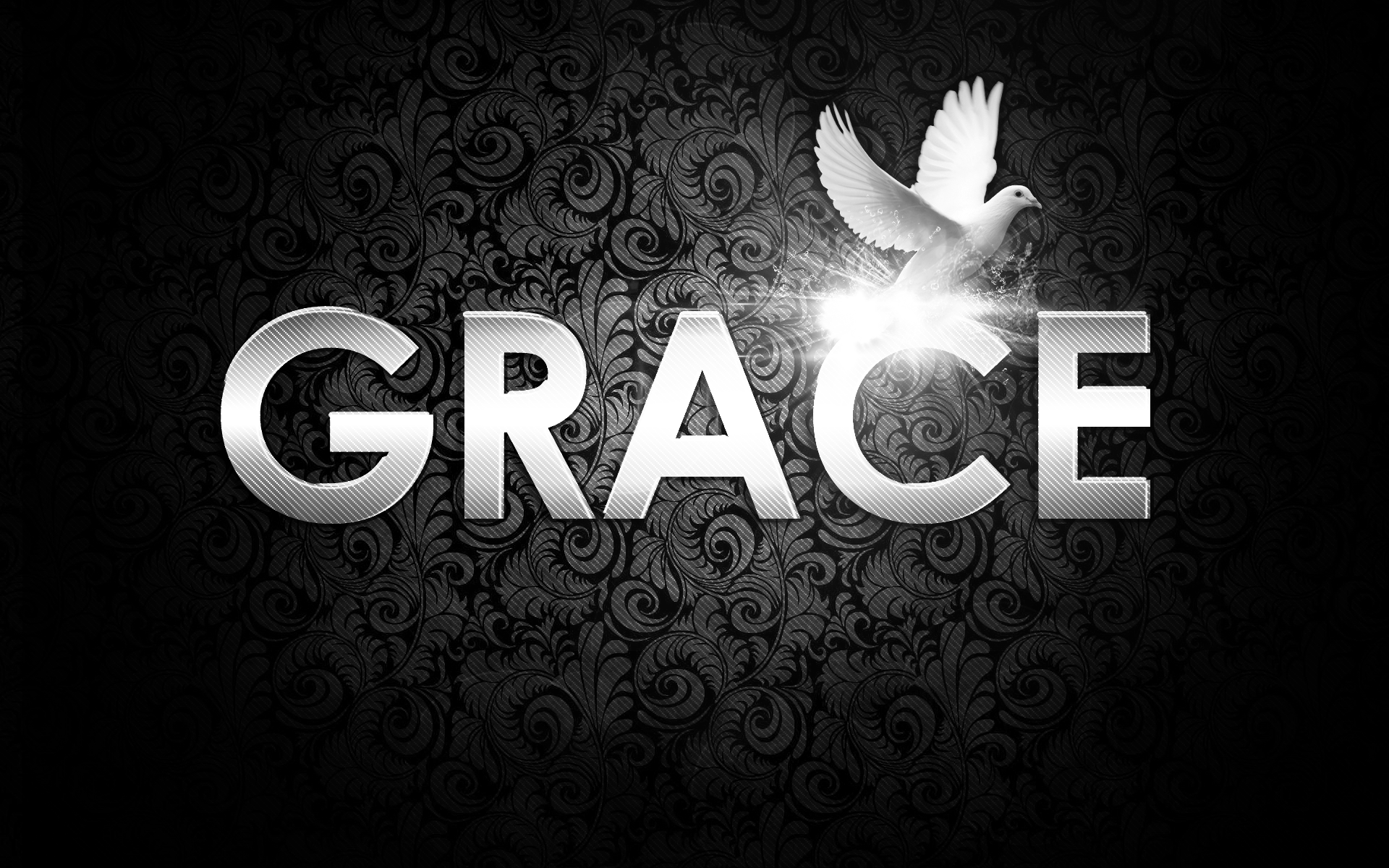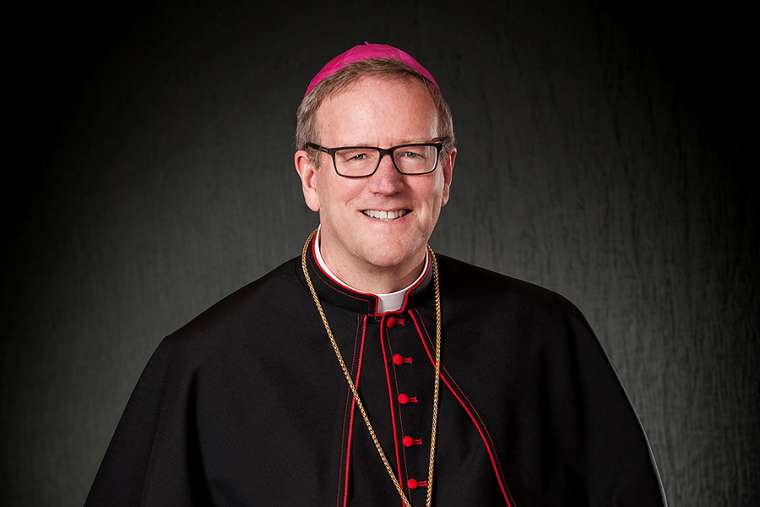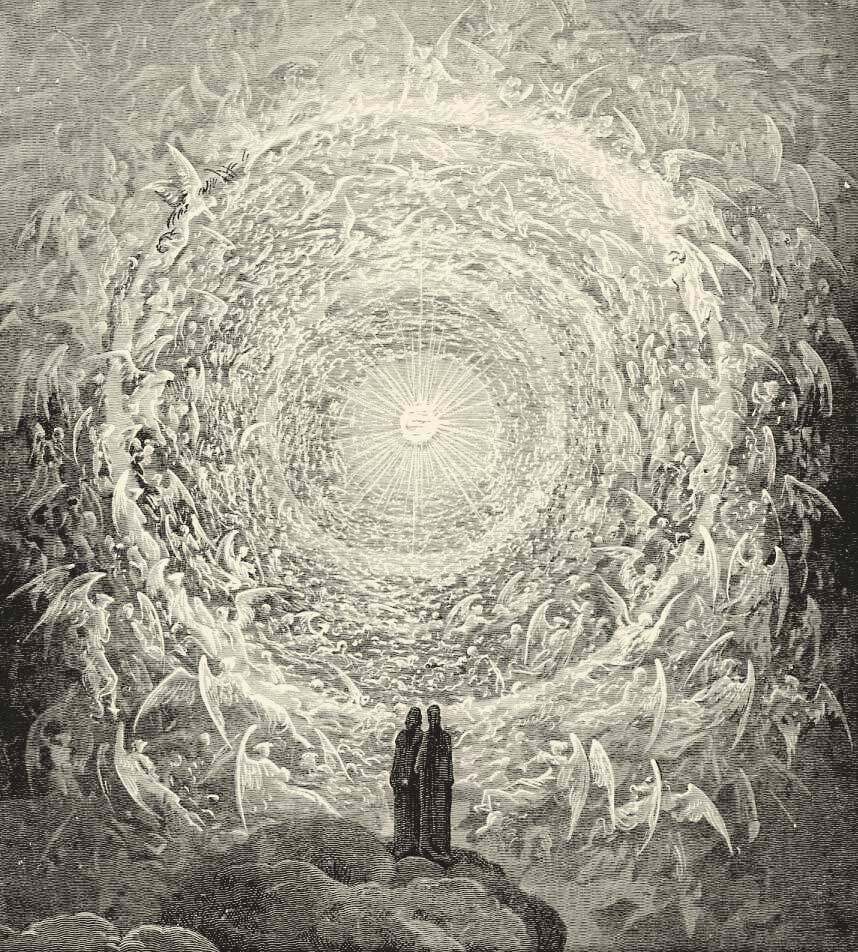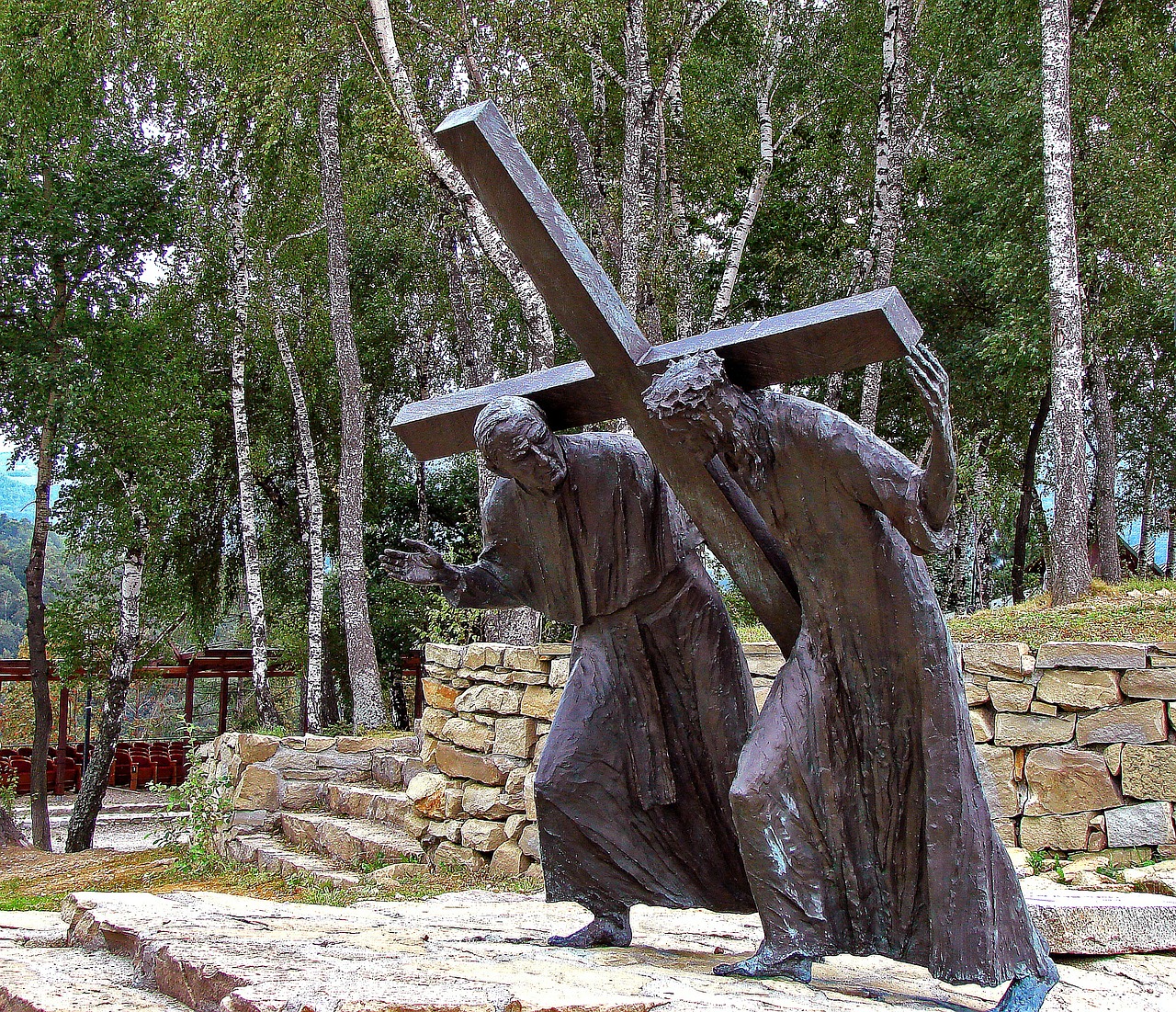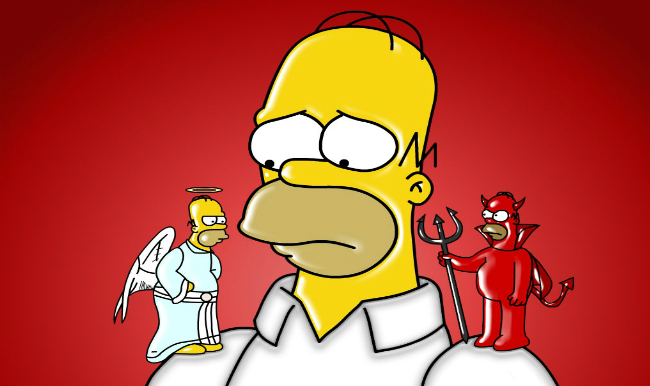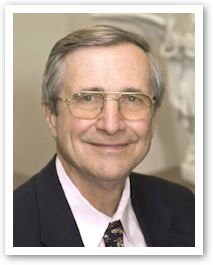-from http://vultuschristi.org/index.php/2017/08/saint-dominic-and-the-triumph/
“…Saint Dominic would spend whole nights weeping and groaning in prayer before the altar. Over and over again he would say, “What will become of sinners? What will become of sinners?” Saint Dominic’s great passion was to reconcile sinners by preaching the mercy of God.
The Power of Preaching
Dominic understood that the power of preaching comes from ceaseless prayer. His prayer had three characteristics:
-humble adoration,
-heartfelt pity for sinners,
-and exultation in the Divine Mercy.
Saint Dominic prayed constantly; he prayed at home and on the road, in church and in his cell. For Saint Dominic there was no place or time foreign to prayer. He loved to pray at night. He engaged his whole body in prayer by standing with outstretched arms, by bowing, prostrating, genuflecting, and kissing the sacred page. If you are not familiar with the extraordinary little booklet entitled The Nine Ways of Prayer of Saint Dominic, today would be a good day to find it and read it.
The Psalter of the Blessed Virgin Mary
Saint Dominic had a tenth way of prayer too: the Psalter of the Blessed Virgin Mary that today we call the rosary. The use of beads was widespread and the repetition of the Hail Mary were both widespread before the time of Saint Dominic. The Hail Mary prayed 150 times in reference to the 150 psalms was practiced in Carthusian and Cistercian cloisters before the time of Saint Dominic.
Irrigated by Grace
Saint Dominic understood that preaching alone was not enough. Preaching has to be irrigated by grace, and grace is obtained by prayer. Inspired by the Mother of God, Saint Dominic interspersed his sermons with the Psalter of the Blessed Virgin Mary. He exhorted his hearers to continue praying the Psalter of 150 Aves as a way of prolonging the benefits of holy preaching. The rosary allows the seed of the Word sown by holy preaching to germinate in the soul and bear fruit.
Simple Means
Divine Wisdom has so ordered things that the simplest material means — humble and adapted to our weakness — produce the greatest spiritual effects. Father Raphael Simon, the saintly Trappist psychiatrist, said that, “five decades of the rosary or even three Hail Marys daily may mean the difference between eternal life and death.” The effect of the rosary is entirely disproportionate to its simplicity. The fruits of the rosary are well known: among them are detachment from sin and from the occasions of sin, peace of heart, humility, chastity, and joy. The rosary, and all authentic prayer, is always realistic — that is to say, honest about human weakness and sin — and, at the same, full of hope — that is to say, open to the glorious plan of God’s mercy.
The Supplication of the Rosary
If Saint Dominic preached the rosary and prayed it, it was because he knew it to be a prayer capable of winning every grace. The rosary is a prayer of repetition. It is a prayer of confidence. It helps one to persevere in supplication, bead by bead, and decade by decade. Our Lord finds the rosary irresistible because His own Mother “subsidizes” it. She stands behind it. The rosary is the voice of the poor, the needy, the downtrodden, and the weak. Persevere in praying the rosary and one day you will hear Our Lord say to you what He said to the woman of the Gospel: “Great is thy faith! Be it done for thee as thou wilt” (Mt 15:28). Saint Dominic shows us that, with the rosary in hand, we will experience the triumph of grace.”
“While he thus labored to make his own soul pleasing to God, the fire of divine love was daily more and more enkindled in his breast, and he was consumed with an ardent zeal for the salvation of infidels and sinners. To move the divine mercy to regard them with pity, he spent often whole nights in the church at prayer, watering the steps of the altar with abundance of tears, in which he was heard to sigh and groan before the Father of mercy, in the earnestness and deep affliction of his heart; never ceasing to beg with the greatest ardor, the grace to gain some of those unhappy souls to Christ.” – From the Chronicle of the Origin of this Order, compiled by Bl. Jordan of Saxony
The tears of our Holy Father Dominic never fail to move and challenge me. There is something haunting and mysterious at the thought of a man weeping in the solitude and silence of a sleepless night on the altar steps. Entering a church at night to find someone in such a state of fervent and distressing prayer is a moving and troubling experience. The state of crisis shatters the thin veil of our quotidian expectations to reveal the startling reality that we are still poor, banished children of Eve, living in the status viatoris, awaiting the glorious coming of Our Lord and the eternal beatitude of Heaven. The encounter with the soul in crisis reminds us of the reality of the cross that we are called to bear with Christ and with one another. Seeing another bearing such a burden awakens our Christian sympathy and draws us out of our private concerns to beseech the Lord of all consolation for his mercy and compassion.
But what is the crisis that confronted Saint Dominic as he wept in fervent petition at the altar steps? Our holy father was not suffering from the betrayal of a spouse, the loss of a job, or the death of a loved one. His tears were not shed over a personal crisis, but rather the crisis of the “infidels and sinners” who reject the obedience of faith and do not enjoy the salvation offered by Christ. When we encounter the tears of our father Dominic, we are confronted with the reality that those who are closed to faith are lacking the possibility of true and lasting friendship with God, a friendship which requires filial trust and a loyal heart. Saint Dominic was brought to tears at the thought of a soul rejecting such a gift. In Dominic we see the beauty of a soul transfigured by faith, hope, and love in a state of fervent petition; more, we see a participation in the redemptive mission of Jesus Christ.
These three features of Saint Dominic’s tears in some way characterize the mission of the Friar Preacher. To preach for the salvation of souls, the soul of the preacher must be elevated by grace through the infused virtues of faith, hope, and love. The preacher must be sympathetically aware of the true deprivation suffered by the poor souls who lack saving faith. And the preacher must see his preaching for the salvation of souls as a participation in the saving action of Christ Our Lord. May the same fire of divine love that burned within Saint Dominic be enkindled within us, that we may never cease “to beg with the greatest ardor, the grace to gain some of those unhappy souls to Christ.”
Love, rely on His grace alone, pray for me, please, please, please,
Matthew






